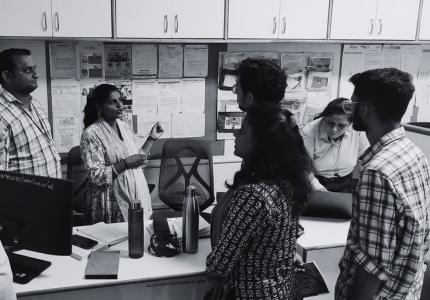Home > Development Management > Organisational Learning, Knowledge Innovation and Dissemination
This strand promotes learning and knowledge-sharing within organisations by creating systems and processes that capture, codify, and leverage both tacit and explicit organisational knowledge.
